Question And Answer
Publications
Articles, publications, books, tools and multimedia features from the U.S. Institute of Peace provide the latest news, analysis, research findings, practitioner guides and reports, all related to the conflict zones and issues that are at the center of the Institute’s work to prevent and reduce violent conflict.
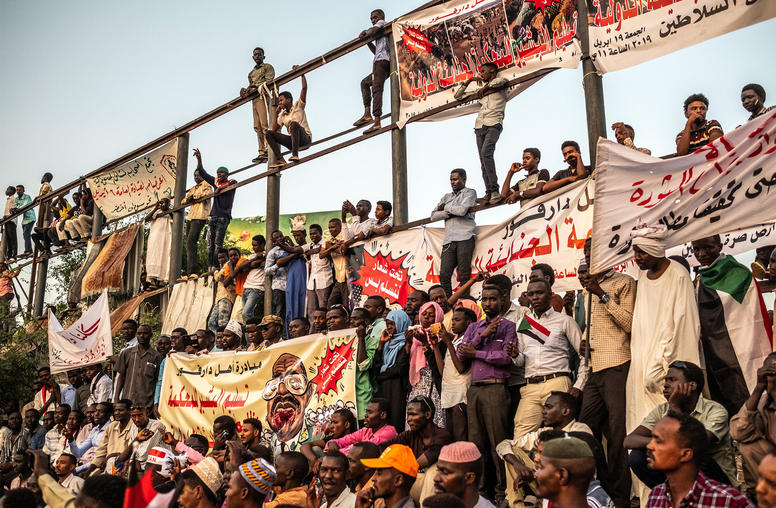
Normalizing Sudan-Israel Relations Now is a Dangerous Game
With the UAE and Bahrain having joined Egypt and Jordan in declaring peace with Israel, those asking “who’s next?” often look enthusiastically westward, toward Khartoum. Adding new chapters to the Abraham Accords is in the U.S. interest, but so is a successful transition in Sudan. And the sequence of these steps is critical. A unified Sudanese government with a popular mandate will be better able to forge a warm and sustainable peace with Israel, whereas a rushed Israeli-Sudanese agreement has the potential to unravel Sudan’s transition and generate renewed support for Sudan’s Islamists and their foreign backers.

Don Jensen on Protests in Belarus and Russia’s Response
After an “obviously crooked election” in Belarus sparked massive protests, USIP’s Don Jensen says Russia is quietly using the situation to assert influence. If Moscow’s military presence in Belarus increases, “I think you’re going to see a much more forward projection of Russian power against NATO,” he said.
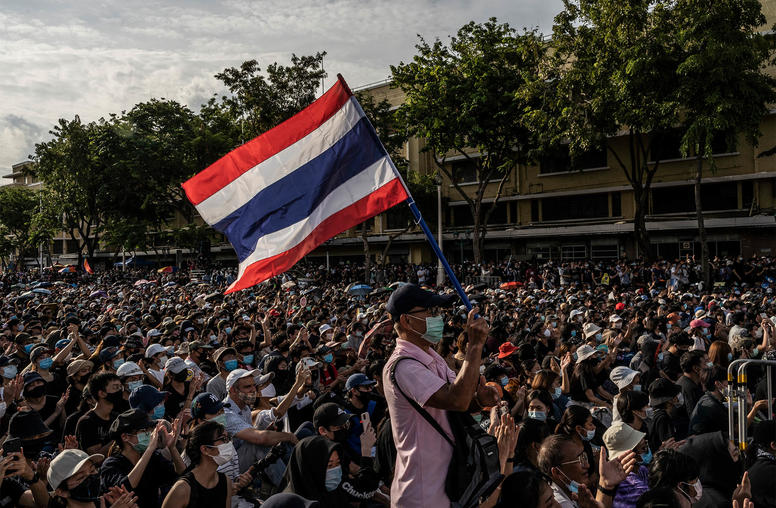
Thailand’s Political Protests Wade into Unprecedented Territory
Thailand’s recent protests have burgeoned into a powerful movement that is challenging the country’s longstanding social and political orders. Along with calls for democratic and constitutional reform, many Thai youth and activists have begun openly criticizing the monarchy’s role in public life—something that has long been unthinkable in a country where the monarchy plays a central role in society. USIP’s Brian Harding examines what sparked these unprecedented demonstrations, the resistance protesters have faced from Thailand’s powerful military and government, and where the movement might lead.
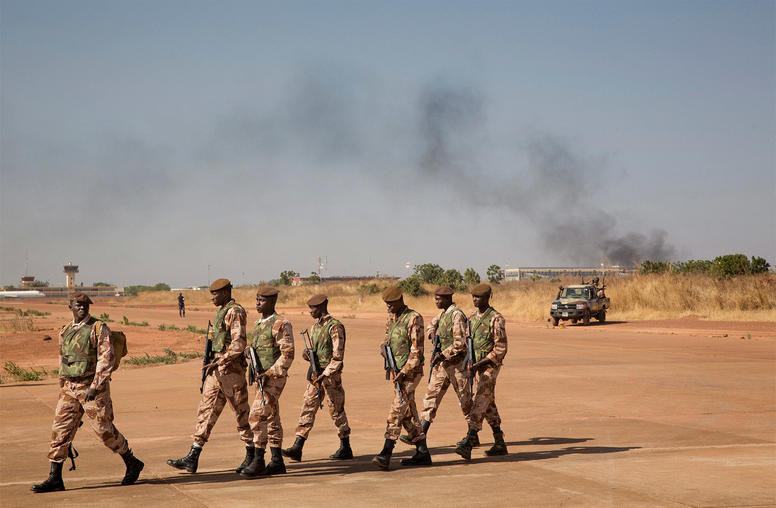
Five Things to Know About Mali’s Coup
On August 18, rising tensions to boiled over into a mutiny, leading to the resignation of President Ibrahim Boubacar Keita. This dramatic chain of events followed three months of protests, calling for Keita’s resignation. As the country grapples with an intractable insurgency and eight years of instability, anger over the government’s failure to resolve conflict, respect democratic norms, and provide basic services pushed citizens and the military to their boiling point. What comes next in Mali over the coming months could have significant implications for the country’s democracy and on the stability of the Sahel.
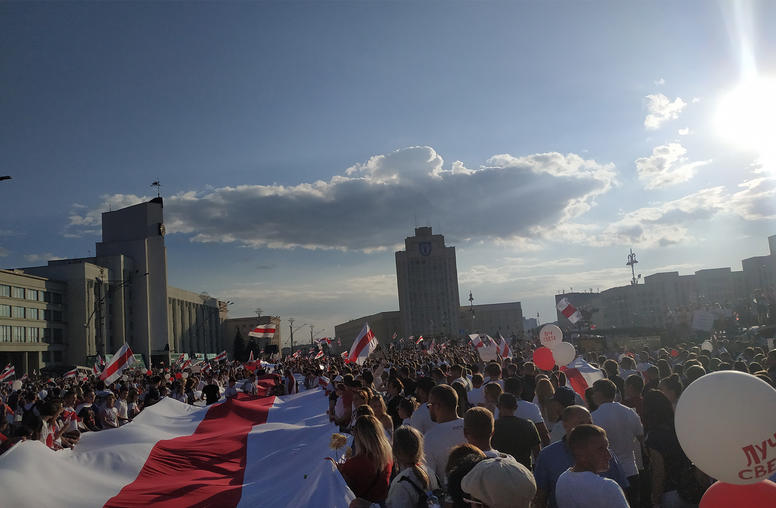
What’s Next for the Peaceful Uprising in Belarus?
Recent weeks have seen a massive outpouring of peaceful public protest in Belarus after an election widely believed to be fraudulent. Hundreds of thousands of Belarusians have taken to the streets to demand that longtime authoritarian President Alyaksandr Lukashenka step down and another democratic election be held.

Susan Stigant on Mali’s Military Coup
After months of public protests, a military coup has toppled Mali’s government. USIP’s Susan Stigant looks at the path forward, saying “there’s a real tension in trying to figure out how to restore that constitutional order without necessarily going back to the status quo prior to the coup.”
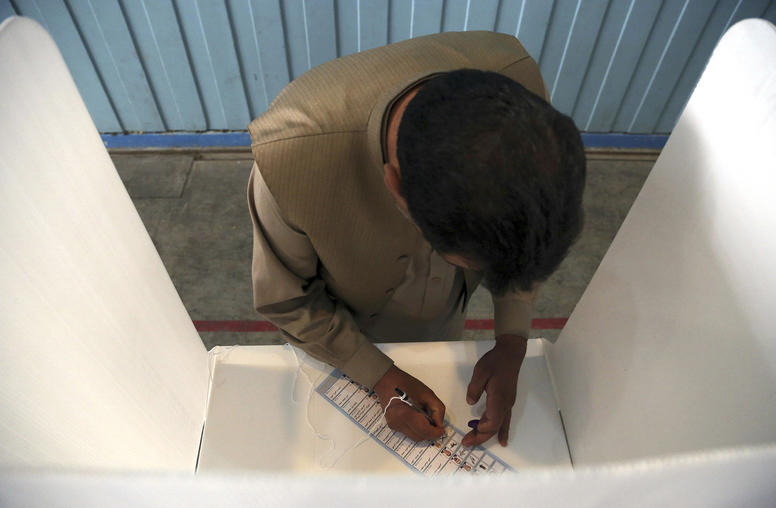
Assessing Afghanistan’s 2019 Presidential Election
Afghanistan’s current electoral system structures Afghan political dynamics, shapes election-day outcomes, and influences competition between organized interest groups in Afghanistan. Drawing on a unique set of results data from the September 2019 presidential election and past elections, this report analyzes where and how prospective Afghan voters were able to participate in the 2019 polls, the decision making behind and adjudication of disputes over which votes would be counted as valid, and how the available results compare with political trends evident in prior elections.
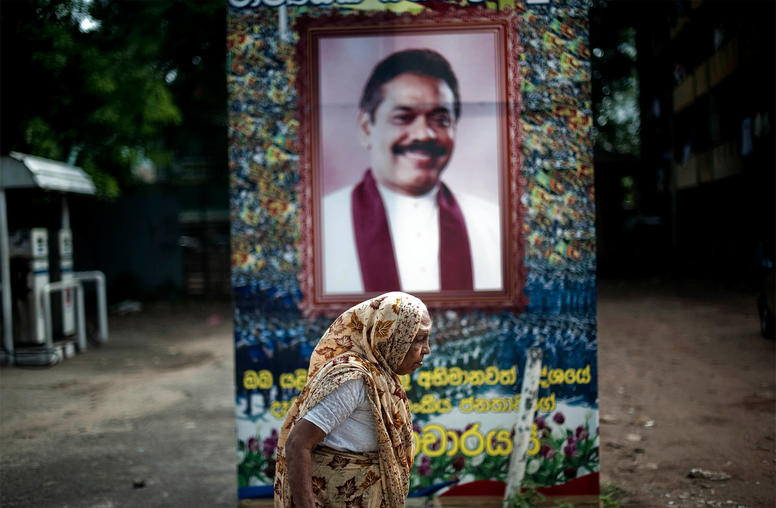
Sri Lanka’s Election Helps Cement the Rajapaksas’ Return to Power
The Sri Lanka People's Front (SLPP) gained a parliamentary supermajority earlier this month in what was the first major election held in South Asia since the coronavirus pandemic began. The results solidified the political power of Prime Minister Mahinda Rajapaksa and his brother, President Gotabaya Rajapaksa, who had dissolved the previous parliament shortly after he was elected last year. USIP’s Jumaina Siddiqui, Tamanna Salikuddin and Vikram Singh look at whether the polls were free and fair, what the landslide victory means for Sri Lanka as the country continues its recovery from civil war, and how the election impacts South Asia.

Osama Gharizi on the Aftermath of the Beirut Explosion
In the wake of the Beirut explosion, USIP’s Osama Gharizi says much of the international aid is being channeled through NGOs and other third-party sources, as “there is a general loss of faith in the Lebanese establishment” after the prime minister and other officials were forced to resign.
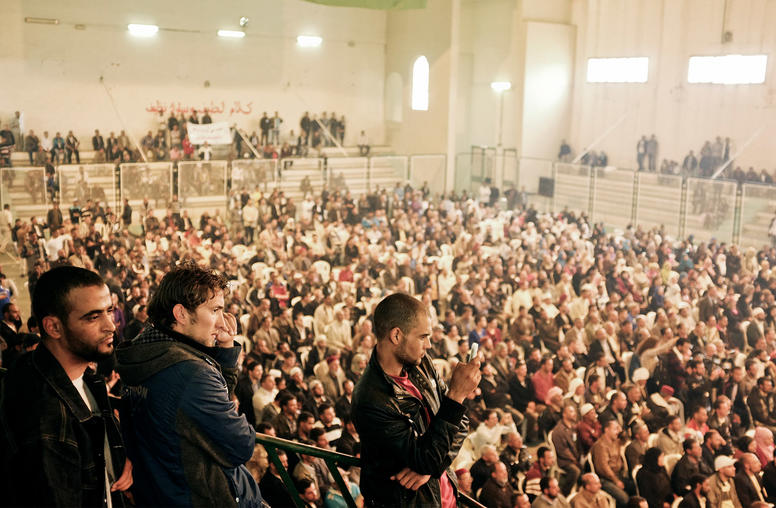
Tunisia’s Transition Hits a Rough Patch Following COVID Lockdown
Since uprisings swept the Middle East and North Africa in 2011, Tunisia has long been regarded as the lone democratic success story. But nearly 10 years later, volatile party politics and authoritarian legacies continue to plague the transition. The October 2019 election cycle, marked by low voter turnout, demonstrated Tunisians deep disenchantment with the political class for its failure to address the grievances that sparked the ouster of longtime dictator Zine El Abidine Ben Ali. After the elections, a government was not formed until February 2020. But months later, Prime Minister Elyes Fakhfakh resigned over allegations of conflicts of interest. In recent weeks, the political landscape has shifted rapidly. USIP’s Leo Siebert examines the political wrangling and Tunisia’s post-election political struggles.